
From Max Patch to Panthertown Valley: Everything You Need for Your First Night Alone on the Trail
Solo backpacking is a rite of passage for many outdoor lovers. There’s a unique magic in carrying everything you need on your back and wandering into the woods alone. It’s a challenge, but also a deeply personal and empowering experience. If you’re thinking about your first solo trip in Western North Carolina, here’s everything you need to get started.
Is Solo Backpacking Right for You?
Solo backpacking isn’t for everyone. It helps to enjoy solitude, be reasonably fit, and stay calm when plans change. Time alone on the trail can be peaceful and inspiring, but it can also get lonely. The good news? With preparation and the right mindset, it can be one of the most rewarding things you ever do.
Being alone in the wilderness allows for reflection, creativity, and connection to nature. Many people report feeling more confident and capable after their first solo trip. If you enjoy problem-solving, want to escape the noise of daily life, or just need space to think, this might be for you.
Ask yourself: Do I feel energized by solitude? Am I confident following a trail and using a map? If yes, you’re likely ready to start small.
Picking the Right Trail
Start small. Aim for a 1-2 night trip on a well-marked trail with reliable water sources and some cell service. Western NC has plenty of options:
- Max Patch (about 1.5 hours from Asheville, easy to moderate): A 1.5-mile loop on the Appalachian Trail with panoramic views. There are dispersed camping areas nearby and plenty of other hikers—yes, it can get crowded on weekends.
- Graveyard Fields (1 hour from Asheville, easy): A 3.1-mile loop with waterfalls, good signage, and designated campsites. It’s accessible right off the Blue Ridge Parkway.
- Sam Knob (1.5 hours from Asheville, moderate): An 8-mile out-and-back trip starting from the Black Balsam area. This route includes open balds, forest trails, and beautiful mountain views.
- Black Balsam Knob (1.5 hours from Asheville, easy to moderate): A short, high-reward hike for a one-night getaway. It’s part of the Art Loeb Trail and features grassy balds with 360° views.
- Panthertown Valley (2 hours from Asheville, moderate): Known as the “Yosemite of the East,” this area has a mix of loop and out-and-back trails with waterfalls and plenty of campsites. It’s a bit more remote, so bring a good map and GPS.
Stick with trails that offer easy navigation and decent foot traffic. You want to be solo, not completely isolated.
What Gear Do You Need?
Focus on the essentials. A good solo setup doesn’t have to be expensive, but it does need to be reliable. Expect to invest $300–600 to get started with basic gear, though rentals are available through local outfitters like Diamond Brand and REI Asheville.
Here’s a solid beginner list:
- A well-fitting backpack (30–50 liters for a short trip)
- 3-season tent or lightweight shelter
- Sleeping bag rated for expected temps (typically 20–40°F for NC nights)
- Sleeping pad for insulation and comfort
- Water filter or purification tablets
- Cook system: small stove, fuel, pot, spork
- Food: high-calorie, lightweight meals and snacks
- Headlamp or flashlight (with extra batteries)
- Map, compass, and GPS-enabled phone app like AllTrails or Gaia GPS
- First aid kit and repair tape
- Rain jacket and pack cover
- Extra socks, wool layers, sun hat, and warm hat
- Emergency whistle and multi-tool
Buy quality where it counts: your pack, sleep system, and footwear. Try gear in your backyard or a local park before your trip.
Packing Smart
Overpacking is the most common beginner mistake. Don’t bring an outfit for every day. Don’t bring canned food. Don’t bring luxuries you won’t use.
Use the Ten Essentials as your foundation:
- Navigation (map, compass, GPS)
- Sun protection (sunglasses, sunscreen)
- Insulation (extra clothing)
- Illumination (headlamp)
- First aid kit
- Fire (lighter, waterproof matches)
- Repair kit and knife
- Shelter (even if not planning to use it)
- Food (enough for 1 extra day)
- Water (plus treatment method)
For food, go with dehydrated meals, oatmeal, nut butters, tortillas, cheese, and energy bars. You’ll want about 2,500–3,000 calories per day. Freeze-dried meals like those from Mountain House or Backpacker’s Pantry are easy and lightweight.
Staying Safe
Safety is crucial, especially when you’re on your own. Here’s how to stay smart:
- Leave a trip plan with a friend or family member. Include your route, expected return, and emergency contact time.
- Check the weather. Mountain weather changes fast. Afternoon storms are common—hike early and be off ridgelines by midday.
- Know how to navigate. Don’t rely solely on your phone. If GPS fails, a physical map and compass could be lifesavers.
- Wildlife: Black bears are common in WNC. Store food in a bear canister or hang your food at least 200 feet away from your sleeping area. Don’t eat where you sleep. Use odor-proof bags if possible.
- Water safety: Filter all water from streams, even if it looks clean. Giardia and other pathogens are a risk.
- Ticks and insects: Wear long sleeves or bug-repellent clothing, use DEET or picaridin, and check yourself daily. Lyme disease and other tick-borne illnesses exist in the region.
- Night hiking: Avoid unless necessary. Carry a reliable headlamp and set up camp before dark.
- Cell service: Don’t count on it. Service can be spotty or non-existent in many WNC backcountry areas.
- Injury prevention: Watch your step, especially with a heavy pack. Trekking poles can help with balance and reduce strain on your knees.
Mental Prep
Solo trips are mentally challenging. You might feel anxious, especially when the woods get quiet at night. That’s normal. Here’s how to manage it:
- Bring a comfort item (a book, a journal, or your favorite trail snack)
- Remind yourself why you’re out here
- Practice mindfulness or breathing exercises
- Remember: being uncomfortable isn’t the same as being unsafe
- Expect highs and lows—each moment will pass
- If you encounter other hikers, say hello and trust your instincts. Most people are friendly, but always prioritize your safety.
Solitude can be healing. You’ll find a rhythm as you walk, and the forest will start to feel like a friend. Silence becomes music. The trees, your companions.
First-Time Tips
- Start with a one-night trip
- Keep mileage under 10 miles/day
- Camp near water but at least 200 feet away
- Test your gear at home first
- Pack your backpack, then remove 10% of it
- Drink water regularly—don’t wait until you’re thirsty
- Greet others on the trail—friendly contact helps boost morale
- Aim to arrive at your campsite 2–3 hours before sunset
- Learn and practice backcountry bathroom etiquette: dig a cathole 6–8 inches deep at least 200 feet from water and trails
Common Mistakes to Avoid
- Too much weight. A heavy pack will make your trip miserable. Aim for 25–35 lbs total.
- New boots. Break them in first with a few day hikes.
- Skipping rain gear. Even if it looks sunny, always pack a rain jacket.
- Not checking weather or trail conditions. Trail closures, flooded creeks, and fire bans can impact your plans.
- Failing to hydrate or eat enough. You’ll burn 2,000+ calories per day just walking with a pack.
- Camping illegally. Learn about rules for backcountry permits, campfire restrictions, and designated sites.
- Forgetting a backup plan. Sometimes things go wrong. Build in margin for errors and changes.
- Underestimating elevation. Trails in WNC often involve steep climbs—short distances can still be tough.
- Improper food storage. Research bear safety protocols for Pisgah, Nantahala, and Great Smoky Mountains National Parks.
Bonus: Good Beginner Resources
- REI Expert Advice: https://www.rei.com/learn/expert-advice/backpacking-for-beginners
- AllTrails (App + Web): https://www.alltrails.com
- Gaia GPS: https://www.gaiagps.com
- Appalachian Trail Conservancy: https://appalachiantrail.org
- Local Outfitters: Black Dome (Asheville), Diamond Brand, REI Asheville
- Guidebook: Backpacking North Carolina by Joe Miller
- Community: Facebook Group “WNC Hiking and Backpacking”
Before Heading Off
Your first solo backpacking trip doesn’t need to be epic. In fact, shorter and simpler is better. Think of it as training for your confidence, not just your legs. The goal is to feel empowered, not exhausted. Learn the basics. Test your limits. Get a little dirty. Sleep under the stars. And most importantly, come home safe and proud of what you accomplished.
So pack your bag, choose your trail, and take that first step. The mountains of Western North Carolina await your discovery.
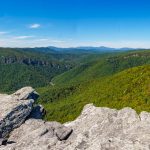
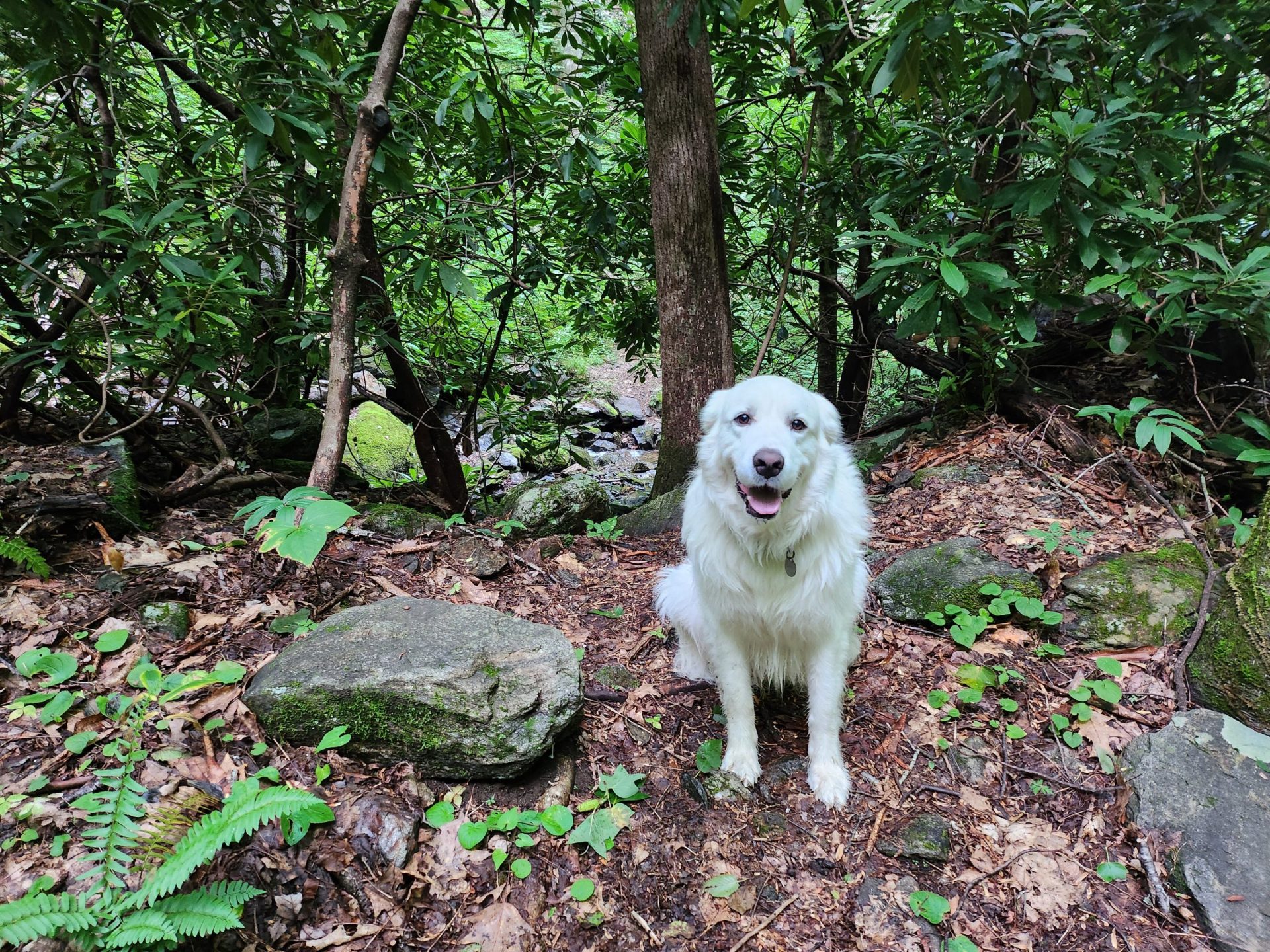
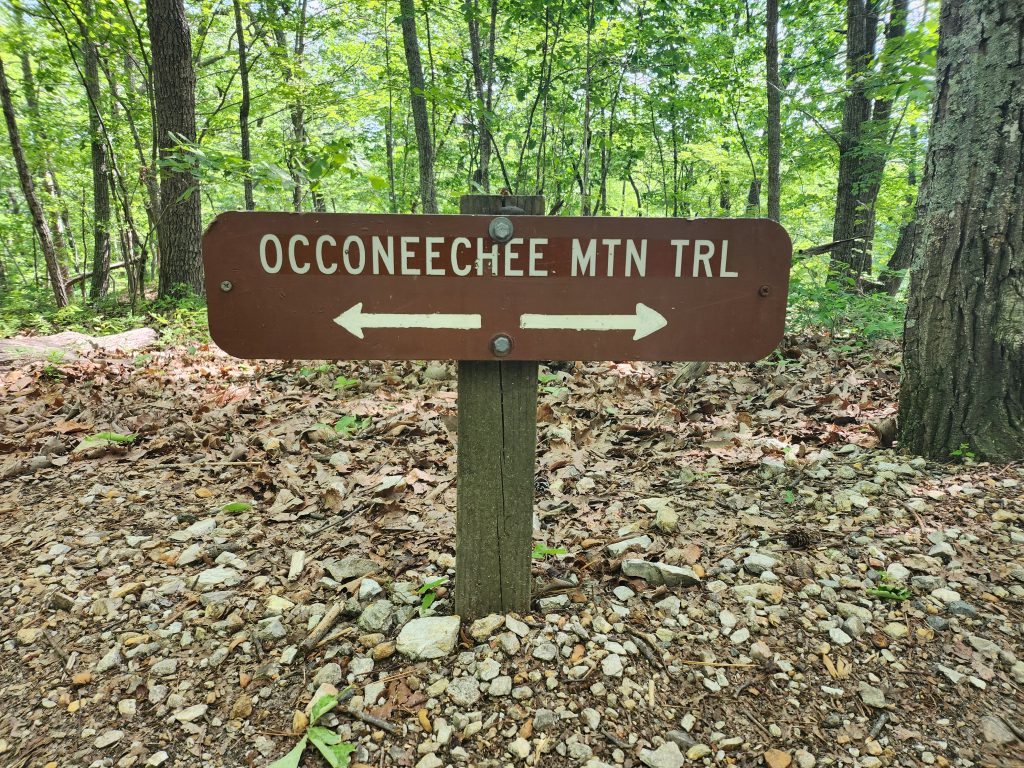


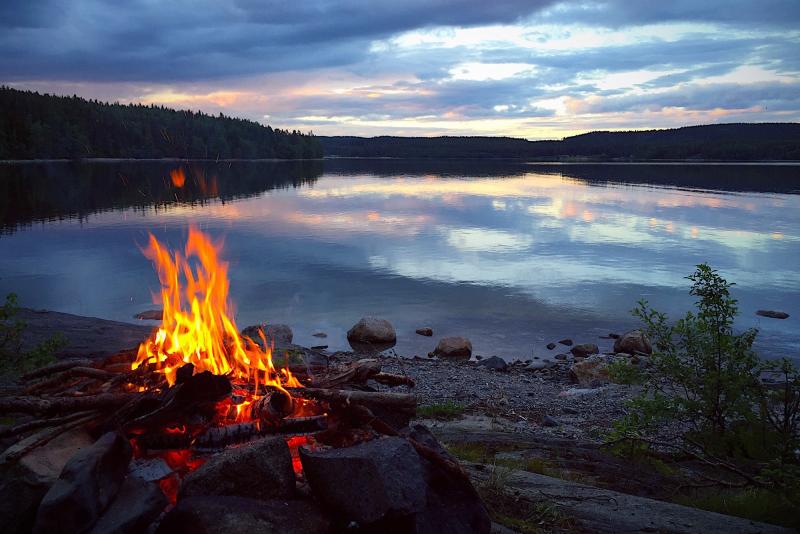
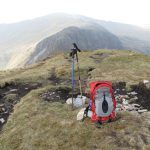

Leave a Reply